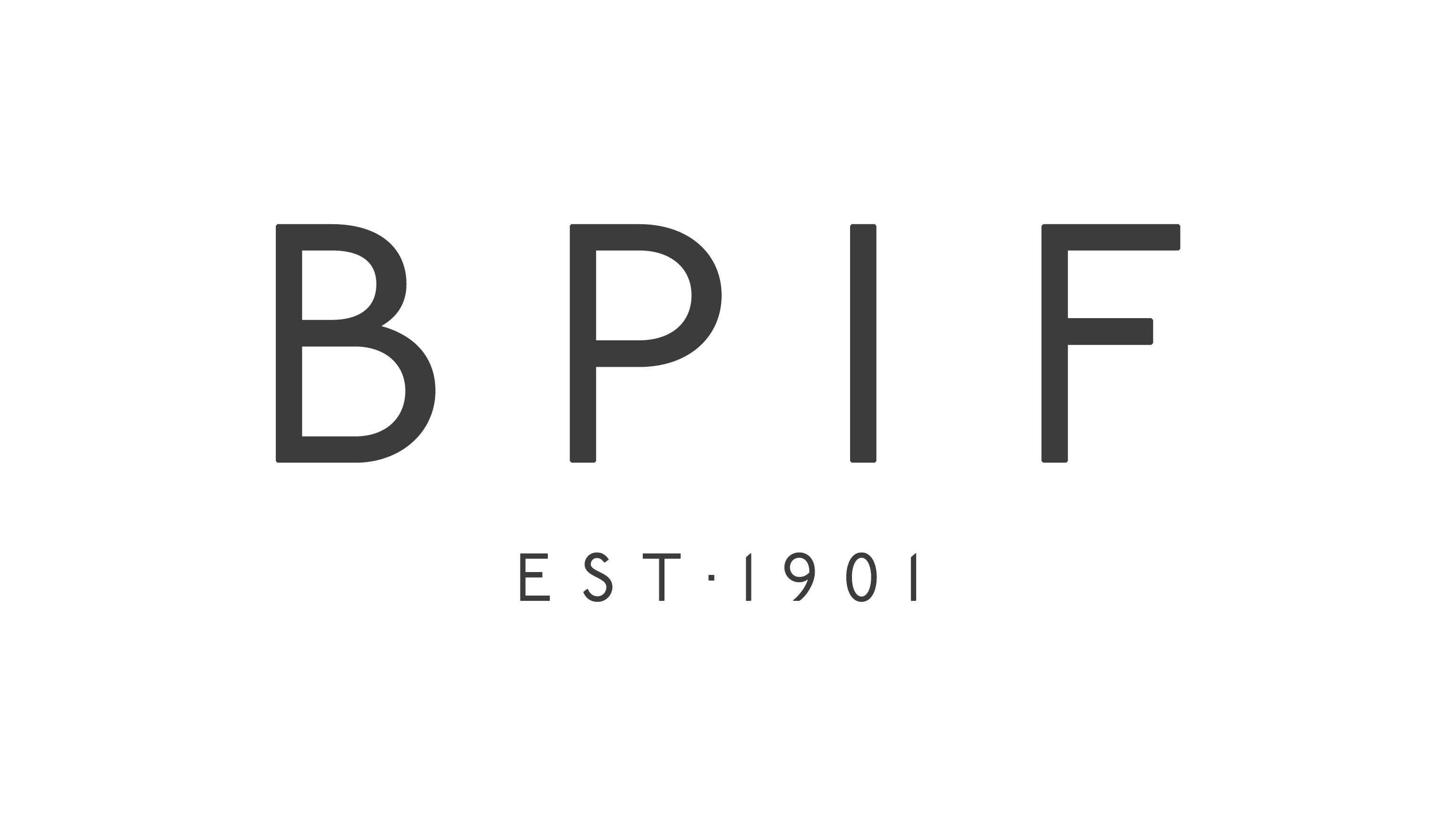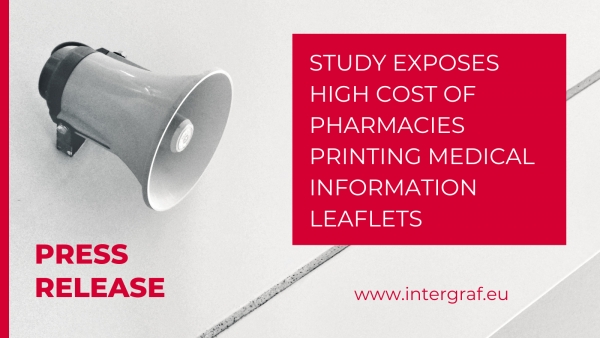1 February 2023

EXTENDED PRODUCER RESPONSIBILITY AND THE PRINT INDUSTRY
The Extended Producer Responsibility (EPR) was implemented on 1st January 2023 and how will this regulation impact your Print or Packaging business?
It is a reform of the existing UK Packaging Waste Regulations and should not be confused with Plastic Packaging Tax (PPT) which came into effect on 1st April 2022 and is applied across a very different set of products.
EPR will see the full cost of managing household waste move to the producers, with the expectation of delivering a more circular economy for packaging and increased quantities of recyclable packaging being reprocessed rather than ending up as waste.
EPR will also impact how non-household packaging waste is managed and how the cost of reprocessing this waste is financed.
Your business will be obligated under EPR if ALL the following points apply:
- It has a UK turnover in excess of £1 million, AND
- It has a physical presence in the UK, AND
- It handles more than 25 tonnes of packaging and/or packaging materials.
EPR Obligated Print and Packaging businesses need to be aware of the following key points:
- Manufacturers and producers will be incentivised to:
- use packaging that is widely collected from householders for recycling.
- and to increase recycled content in packaging.
- There will be additional 6 monthly collection and reporting requirements starting in October 2023 for data that includes packaging type and recyclability.
- These data reporting requirements will increase in both their detail and complexity.
- There will be an introduction of eco-modulation of EPR fees that obligated businesses must pay which could see producer compliance costs increase if using costly or difficult to recycle packaging.
- There will be a requirement for UK nation reporting, separating out packaging supplied to each UK nation.
- All packaging (except for flexible films) will need to display a binary recyclability label from 1 April 2026, declaring that the product is either “recycle” or “do not recycle”.
Charles Jarrold, Chief Executive of the BPIF shares his thoughts on EPR, “EPR represents a huge challenge to the industry, unveiling a radical shake-up and increased burden on the print and packaging sectors. It’s a major change that’s already created obligations on sector companies, while the detail is still being developed by Government, which is not ideal. The BPIF is working closely alongside the entire packaging sector, pressing government for a great deal more clarity, which is urgently needed. We’re also committed to supporting the sector as fully as possible by understanding and interpreting the guidance as it emerges and working with partners across the sector to provide insight, advice, and a voice for the sector as EPR is implemented. We’re delighted to be hosting a webinar with Valpak on the 9th February, to provide an important introductory overview to EPR, along with a Q&A to understand and address possible key concerns”.
To book your place on the webinar, please register in advance here.
If you have any questions or need more information, please contact the EPR Helpdesk at [email protected]
 Intergraf Economic News (Paper Prices) - March 2024
Intergraf Economic News (Paper Prices) - March 2024
18 March 2024
Access the latest edition of the Economic Newsletter for the European Printing Industry for data on paper consumption, and pricing data for pulp, paper and recovered paper. Data for packaging papers and board is also available with this edition.
 STUDY EXPOSES HIGH COST OF PHARMACIES PRINTING MEDICAL INFORMATION LEAFLETS
STUDY EXPOSES HIGH COST OF PHARMACIES PRINTING MEDICAL INFORMATION LEAFLETS
7 March 2024
Intergraf welcomes the release of a study by our partner MLPS (Medical Leaflet = Patient Safety), a subgroup of the European Carton Manufacturers Association (ECMA) shedding light on the potential economic costs associated with the proposed use of Print on Demand (PoD) leaflets in the pharmaceutical legislation revision.
The BPIF is the printing industries champion. By becoming a member you join a diverse and influential community. We help you solve business problems, connect you to new customers and suppliers and make your voice heard in government.
Call 01676 526030









